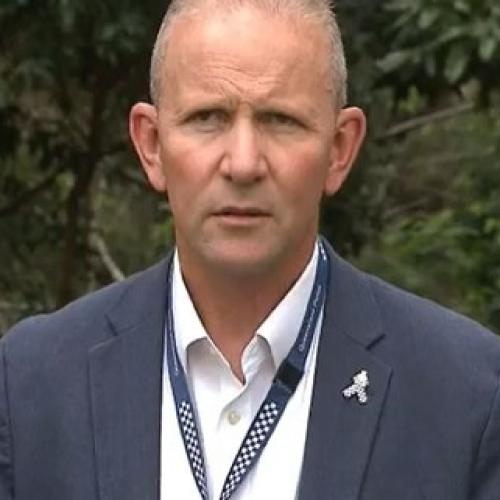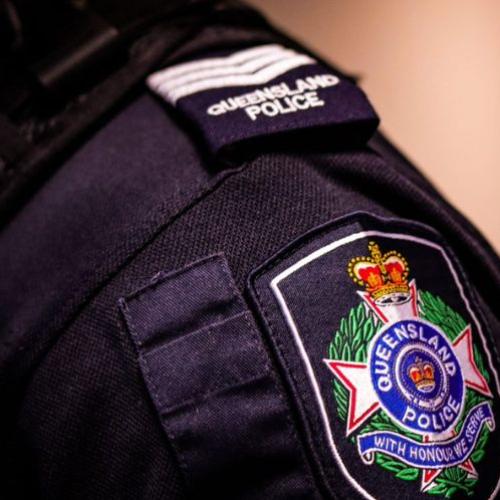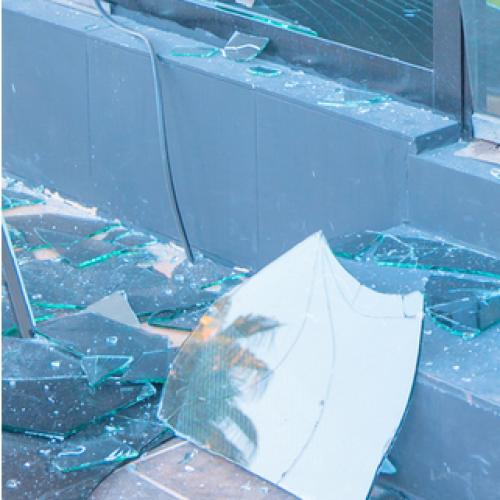The state government will increase the penalties for carrying a knife in public and bring forward the ban on the sale of knives to minors following a briefing on the youth crime crisis by the Police Commissioner.
Cabinet will also consider a request to expand the use of wanding under Jack’s Law and the use of GPS trackers for teenage criminals.
Commissioner Katarina Carroll met with state government ministers today following a surge in youth crime, including the alleged stabbing murder of Queensland grandmother Vyleen White at the hands of a 16-year-old boy.
The penalty for carrying a knife in public will be increased from 12 months jail to 18 months for a first offence and up to two years in jail for subsequent offences.
An exact date for the ban on the sale of knives to minors has not yet been set, but retailers have been invited to implement the ban immediately.
Premier Steven Miles says they have listened to Police and have acted.
“Our number one priority is to keep the community safe and every Queenslander deserves to feel safe in their home, at the shops, and on the streets,” Mr Miles said.
The government is yet to commit to an expansion of wanding across the state but will consider it.
After a successful trial on the Gold Coast, Jack’s Law was expanded to include other safe night precincts around the state as well as transport hubs.
Senior Police would like to see that go even further, including the use of wands at shopping centres.
“We are asking again to revisit, particularly the areas that we know where offending is taking place and where children, high-risk offenders are actually coming together,” Commissioner Carroll said.
“We honestly do believe that, with the little bit of work that we’ve already done, that shopping centres are definitely warranted.”
Cabinet was also told how much Police time is being spent on bail checks for youth offenders, as the Commissioner pushes for more GPS trackers to be used.
Police have done 57,000 bail checks on youth offenders since the introduction of the Youth Co-responder model last year.
“That’s phenomenal. That’s two officers, or a police officer and a youth justice officer checking people on bail,” Commissioner Carroll said.
“So, you might have someone on bail for six months but you’ve only got the ability to check them 40 times and what I’m saying is we need to look at the use of electronic monitoring devices because we don’t have eyes on them all the time.”











